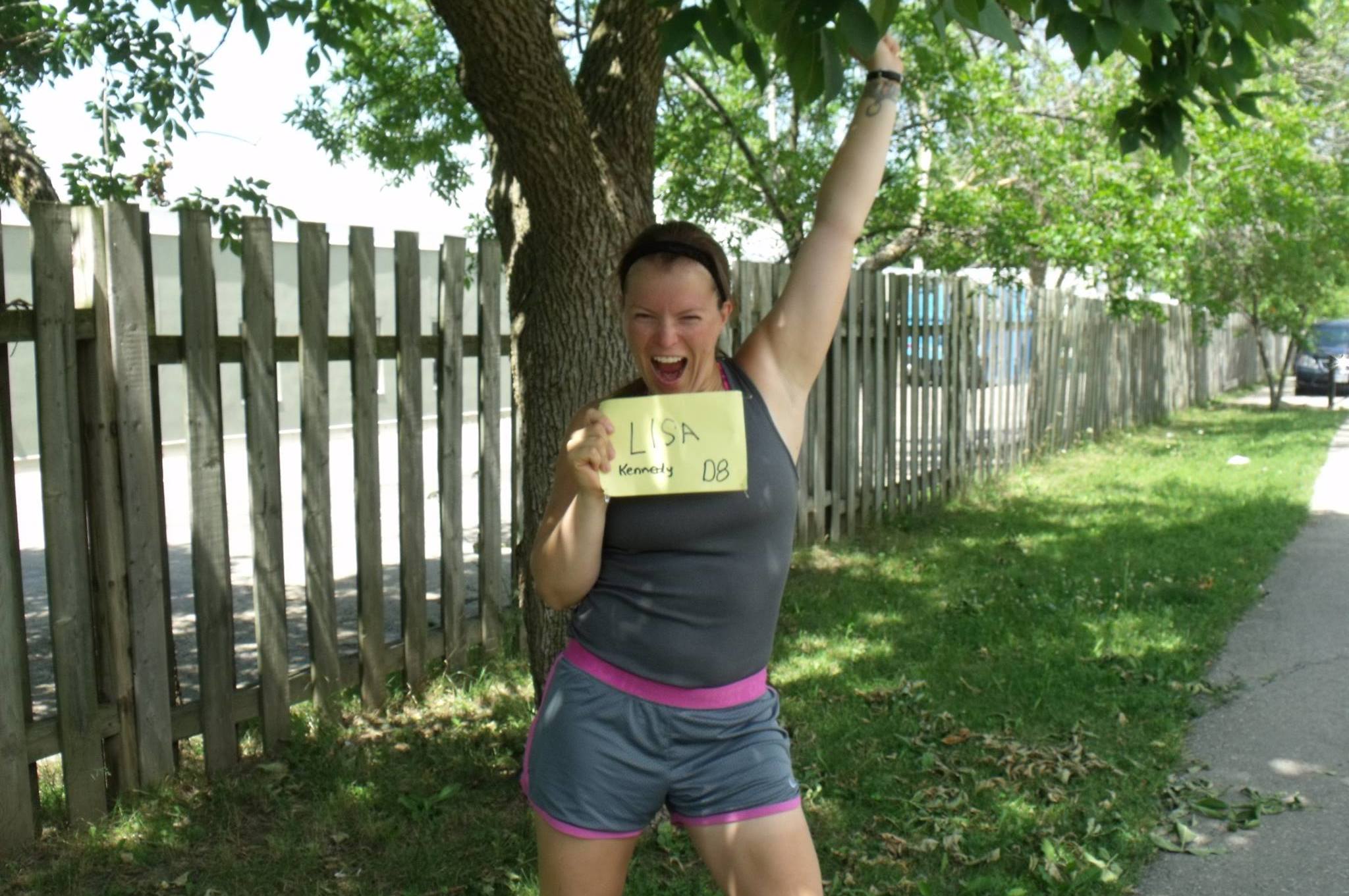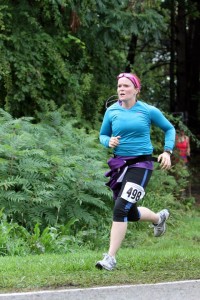How one millennial changed her life and is now pursuing the career of her dreams.
The idea of toiling away at a meaningless job day after day is about as appealing as it sounds, but it’s a common situation amongst millennials. Whether it’s necessity, opportunity or chance, many of us have found our way into careers we never really wanted.
Every career, even the dullest, has its benefits – usually stability and a regular paycheque – but they often leave us wanting more. The “dream job” scenario can feel completely unobtainable when we’re working jobs that don’t even come close to what we had planned for ourselves.
If this sounds like you, by now you’re probably sick of hearing all the standard explanations: the economy has been historically bad; we need more education; we should focus on repaying our massive debts. At some point we have to stop looking at external factors and start looking inward for answers.
After graduating with an honours Bachelor of Science with a specialization in Forensic Anthropology, Lisa Kennedy found herself in a position familiar to many millennials – she was working a retail job. It was a part-time position she had taken to earn money while she studied because it offered her flexibility and regular income.
I was kind of stuck in that retail job because that’s what I had at the time.
No one would question how she found her way into retail, but her degree – albeit in a highly specialized field – implied she was headed towards a career investigating crime scenes, gathering evidence and cracking the case.
“I love solving puzzles,” Lisa says. She tells me how she was enthralled by author Kathy Reichs’s Temperance Brennan novels (which were later adapted in the TV series “Bones”). It’s clear by the way she talks about it that this was her dream job. Lisa says she even contacted Reichs, who is also a forensic anthropologist, asking for advice about pursing a career in the field.
Unfortunately, undergraduate work is really only the first step for most forensic anthropologists.
“I was kind of stuck in that retail job because that’s what I had at the time, I didn’t have money to keep going to school, and pretty much the only thing I was trained to do required more school…so I was kind of stuck, twiddling my thumbs working away.”
Around the time she was finishing school, she saw a posting for a job in the financial department at the company’s head office. “I had all the qualifications, so I applied on a whim.” She expected it to be a filler job, giving her time to explore other paths. But nearly five years after her graduation, she was still working for the same company, in the same position.
“I felt stuck, it was insanity,” she says.
Being Receptive
“Back then I was pretty bitter and stuck in the same cycle of everything from my job to my personal life and I was just accepting the status quo because I was too afraid to change and take risks.”
For me it was sitting back and listening to what the universe has to offer and being receptive.
It doesn’t matter who you are, the idea of starting over at anything is daunting. Breaking away from the familiar can seem nearly impossible. Lisa says she hit a point when she finally had enough. “It was depressing,” she says. “I couldn’t take it anymore.”
She wanted out, and though the tendency is often to jump as quickly as possible, she took her time to find something she really wanted to do.
“I had to figure out what that different way was going to be,” she says. “For me it was sitting back and listening to what the universe has to offer and being receptive.”
She admits she wasn’t always like this.
“I didn’t have an open mind, I thought there was only one way.”
She wanted a career that allowed her to access all her interests like athletics, academics, problem solving and even her more creative tendencies. “I knew going down one route was just going to make me depressed…I needed to find a good fit for all these things.”
A Path for Change
It took a while, but a series of events led Lisa to explore policing, a career in the same vein as her original foray in forensics, but one that could incorporate all of the things she loved.
Once she found something to focus on, the change was dramatic. “I actually had a future I was excited about setting in motion,” she says. But pursuing a completely new career would involve much more than a simple application; it would require an entirely new lifestyle.
Lisa describes how she went about making the changes, “I knew I had to take it in little steps so I wouldn’t overwhelm myself.” She set a target of one year and jumped in.
Almost all jurisdictions in Ontario require a Certificate of Results to apply for a career as a police officer. And getting one involves gathering information from school transcripts, showcasing volunteer experience, as well as passing a multi-stage exam involving academic, behavioural and physical skills.
It was autumn, so Lisa set a goal to have her first aid certificate and school transcripts before Christmas. She kept a binder and filled it with all the important pieces of information for her policing application.
Stumbling blocks are just there to prove how badly you want something.
Her next step was to improve her physical fitness level — she was already a runner but knew the exam she would have to pass was daunting. She began training indoors during the winter and registered to take the exam in April. Even after training rigorously for months, she passed the academic portions of her exam, but fell 20 seconds short of passing the physical test.
Instead of getting down on herself, Lisa rescheduled her exam in three months and found a personal trainer. After only eight sessions, she had to switch trainers. Instead of counting it as a setback, she saw it as an opportunity. “He really made changes to my fitness level, because he gave me a different workout that I believe helped me even more. He was a pusher.”
As with anything in life it’s important to be flexible, Lisa said she had to adjust her goals as new challenges came up, but she wasn’t afraid of obstacles.
“Stumbling blocks are just there to prove how badly you want something,” she says, adding that she now looks back at those tests and smiles.
“I was so scared to call my parents and tell them I missed the test by 20 seconds. At the time when you’re crying, [even though] you know there’s going to be a tomorrow and you know you can try harder, when you’re actually in the moment it’s just devastating because you worked so hard.”
“You have to look at how important it is to you,” she says. “I just had to reformulate my goals.”
After training for an additional three months, Lisa’s second attempt surpassed her expectations; she passed the same physical test with 10 seconds to spare,. It allowed her to move on to the second phase of screening, which she also passed, to earn her Certificate of Results. She could then start submitting applications.
While she says it’s important to have flexible goals in life, she advocates always thinking ahead. “Don’t stop at the little goals, ask yourself what’s your next step.”
Today, it’s been a little over 12 months since Lisa started her lifestyle transformation. Along the way she’s faced setbacks and she is still pursuing her goal of becoming a police offer, but it’s clear she’s in a much better place. Now, she offers advice for others facing similar situations to hers.“Take notice of the little opportunities that come your way,” she says. “Take full advantage of them.”


